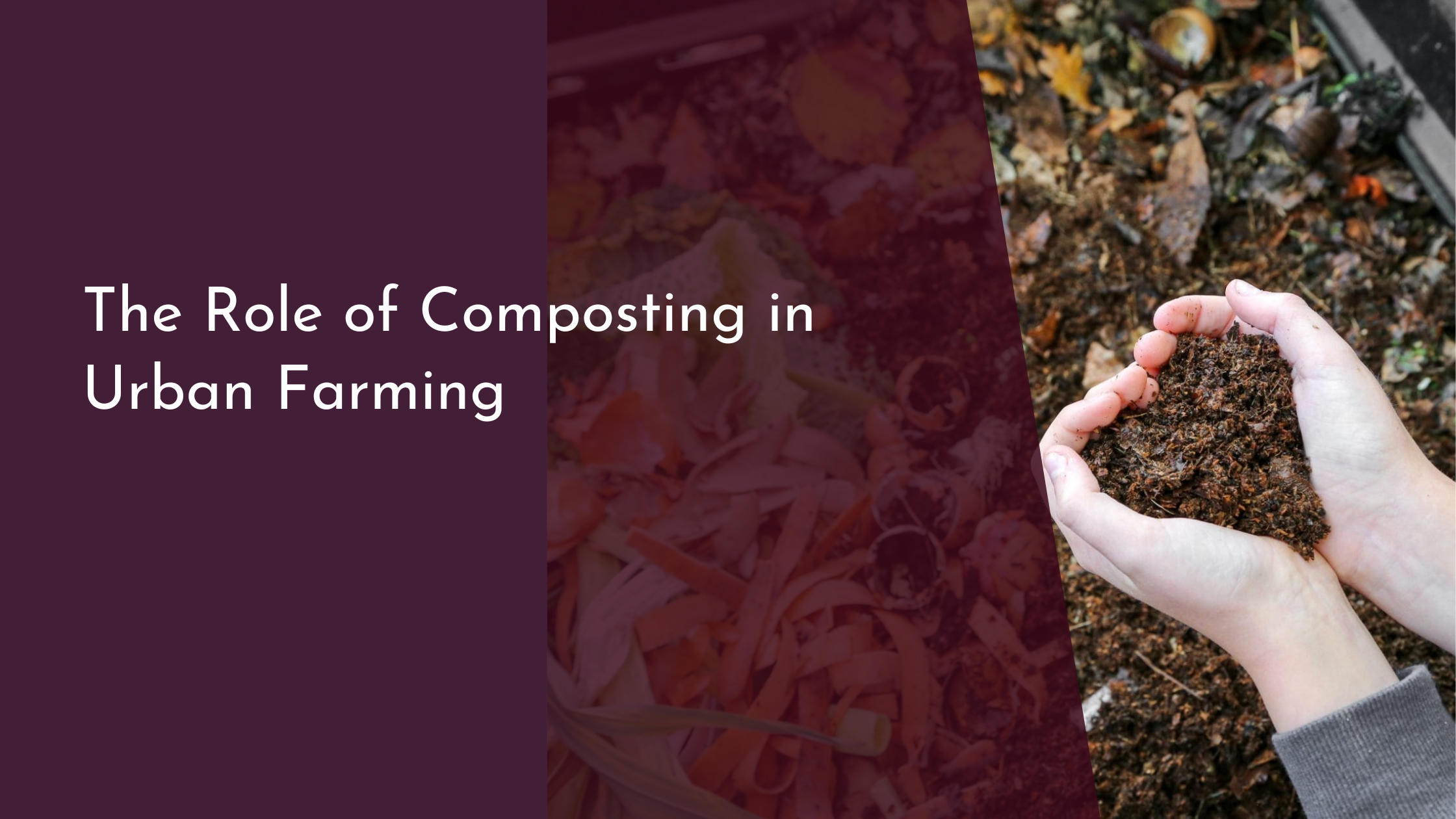The Role of Composting in Urban Farming
Urban farming is an innovative solution to the challenges of food production in densely populated areas. With limited space and resources, urban farmers have turned to creative methods to sustain and enhance their crops. Among these methods, composting stands out as a cornerstone practice. Composting not only enriches soil but also supports sustainable waste management, making it a vital component of urban agriculture. This article delves into the role of composting in urban farming, highlighting its benefits, effective techniques, and promising future.
Understanding Composting in Urban Environments
Composting is the process of breaking down organic waste into nutrient-rich soil amendments, and it has found a burgeoning role in urban settings. In cities, where space is at a premium and waste is abundant, composting transforms kitchen scraps, yard waste, and other organic materials into valuable resources. Urban composting systems can vary from small bin or tumbler setups on balconies to larger community projects that serve neighborhoods or entire districts. By turning potential landfill waste into fertile compost, urban dwellers can contribute to a more sustainable environment while enhancing their gardening efforts.
Urban environments pose unique challenges and opportunities for composting. With limited space, innovative solutions such as worm bins (vermicomposting) and bokashi systems have become popular. These methods allow city residents to compost indoors without the odor or pests sometimes associated with traditional composting. Moreover, community gardens and urban farms often collaborate with local governments and waste management services to establish composting hubs. These initiatives not only reduce the carbon footprint of waste disposal but also foster community engagement and education around sustainable practices.
Benefits of Composting for City Farmers
Composting offers numerous benefits to urban farmers, starting with soil enrichment. The organic matter produced through composting improves soil structure, aeration, and water retention, which are crucial for plant health and productivity. Urban soils, often compacted and nutrient-poor, greatly benefit from the added organic matter. This results in stronger, more resilient plants that require fewer chemical fertilizers, thus promoting a more organic and healthy approach to urban farming.
Beyond improving soil quality, composting also plays a vital role in waste reduction. Urban areas generate substantial amounts of organic waste, which typically ends up in landfills. By diverting this waste into composting systems, city farmers can reduce their environmental footprint while producing a valuable resource for their gardens. Additionally, composting helps cut down on greenhouse gas emissions associated with waste decomposition in landfills, contributing to a cleaner and more sustainable urban ecosystem.
Techniques for Effective Urban Composting
Successful urban composting requires employing techniques that cater to the unique constraints and opportunities of city living. One popular method is vermicomposting, where red wiggler worms break down kitchen scraps in compact, odorless bins. This technique is ideal for apartment dwellers and those with limited outdoor space, as it can be done indoors year-round. Vermicomposting produces nutrient-rich worm castings, an excellent soil amendment for urban gardens.
Another technique gaining traction is the bokashi method, which ferments organic waste using beneficial microbes. This anaerobic process allows composting of a broader range of materials, including meats and dairy, that traditional composting methods might reject. Bokashi bins are compact and can fit under kitchen sinks, making them perfect for urban environments. While the fermented material requires further decomposition in soil, it significantly reduces waste volume and accelerates the composting process.
The Bright Future of Composting in Urban Farming
The future of composting in urban farming is bright, with increasing awareness and technological advances making it more accessible and efficient. Cities around the world are recognizing the potential of composting as a key component of sustainable urban agriculture. Municipal programs and policies are promoting composting education, infrastructure development, and incentives for residents to participate actively in composting initiatives. This growing support is transforming urban composting from a niche practice into a mainstream component of city life.
Innovations in composting technology are also driving its future forward. From smart bins that monitor and optimize the composting process to community composting hubs that handle larger volumes of waste, new solutions are making composting easier and more effective. Moreover, urban farms are increasingly incorporating closed-loop systems, where composting, growing, and consumption form a sustainable cycle. As cities evolve to become more self-sufficient, composting will undoubtedly play a pivotal role in shaping urban agriculture’s future.
Composting is an invaluable resource for urban farmers, providing both environmental and agricultural benefits. As cities grow and face new challenges, the role of composting in urban farming will continue to expand, creating greener, more sustainable urban landscapes. By adopting innovative composting techniques and supporting community initiatives, city dwellers can play an active role in transforming waste into wealth, paving the way for a more sustainable and prosperous urban future.

